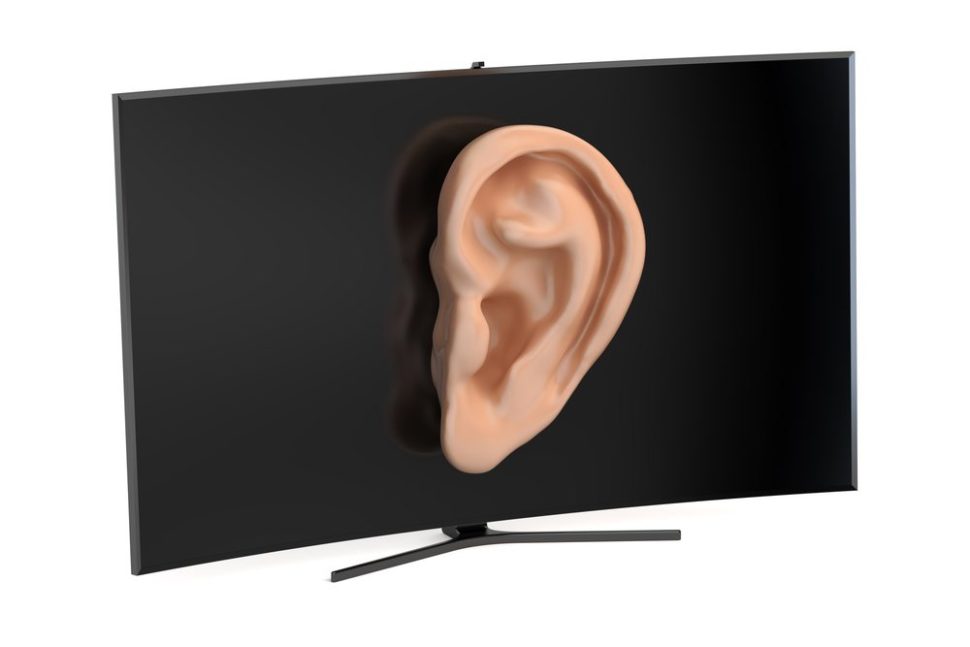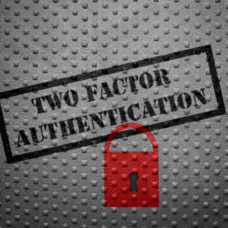Your phone or 4K TV might soon give away your most precious secrets–make sure you know how to keep things to yourself.
Many humans consider themselves pretty good at telling a lie from the truth. However, everyday smart devices are now more definitive tools in the deception game.
Just how are these devices learning fact from fiction?
#iPhoneX is cool, but it also learns the intimate details of your faceClick To Tweet1. iPhone X and Face ID: It’s All Fun and Games, Right?
Everyone loves using Snapchat filters that make you look like a cute bunny or a squashed version of yourself. It’s no surprise that Apple got into the augmented reality game with the Animoji this year.
Debuted on September 12, 2017, Apple’s Animoji face tracking feature has major implications for AR and VR. But it also means that facial recognition algorithms can gather more data on human expression.
The sensory inputs could be leveraged to learn which facial expressions a person makes when prompted by certain cues. Then, the software just needs to gauge whether that reaction is positive or negative.
Once the algorithm understands your personal emotional reactions, it would theoretically be capable of seeing if there are any deviations in that behavior.
Just think of sitting at Christmas dinner, eating your aunt’s green bean casserole when she asks if you like it. Of course, you say “Oh it’s fantastic Aunt May–I can’t get enough!” But your face says otherwise and an Apple device in the room recognizes this expression pattern deviation.
That’s on the way to being a real-time lie detector.
Or, worse, what if you went to the mall hoping to shop around a bit. You go into the Apple store, which is now a “town square”, and the cameras in the shop instantly recognize you from the facial data you contributed via your iPhone X.
We’re not saying this will happen, but, what if that same algorithm lets the Apple employee know how best to sell to you. Would you even know?
2. Texting: Your Word Choices Reveal Your True Intentions
If you are any kind of clued into technology, then you text at least ten times a day. Regardless of any shorthand, jargon, or OMG IKR BTWs, we use certain words for certain things. In fact, we may even use specific vernacular when we don’t tell the truth.
As suggested in this study, the diction used in dishonest text messages could be used to divine certain patterns in your behavior. Other research already shows that we often use more words or take more time to write disingenuous messages. However, this study produced mixed results regarding volume, as well as concrete results regarding other facets of language.
- The number of words used (conflicting results in terms of more or less)
- Increased use of non-committal phrases such as “possibly” or “probably”
- Diminished use of first-person pronouns (likely to add distance while lying)
- Increased use of words with negative connotations and motion verbs
- Diminished use of exclusive words and self-oriented pronouns
What else could the right algorithm or AI uncover about language via texting?
3. AI Home Assistant Speakers: Is It Spying if It’s Unintentional?
Google’s smart home devices provide many services and ease-of-use features. Of course, for the users of the Google Home Mini, one of those features also included direct reporting to Google. Whether a hardware oversight or technical bug, some Minis have allegedly recorded everything near the device and sent that information directly to Google.
Google might not have intended for this to happen and has taken a very kosher and proactive approach to resolving the issue. But the point is that it is still possible given the current device engineering. Is it just “one device gone rogue” or something more insidious?
This isn’t the first time Google Home and other voice-activated devices have come under fire. Remember the Burger King stunt that showcased just how easy it is to hack such a device? It doesn’t stop there. Students at Zhejiang University in China used inaudible ultrasound commands to control the device and any attached systems.
These techniques even work on Siri. What information can the manufacturers or hackers of these devices gain on unsuspecting civilians?
4. Smart TVs and Other Smart Stuff: Features and Dangers of the IoT
We already know that people can hack webcams, Smart TVs, and game console cameras. But, as you lay in bed lamenting the unreleased season 2 of Castlevania on Netflix, someone else might be spying on you.
As it turns out, hackers and your own government entities might have access to your IoT devices. Not only could your Smart TV or smartphone betray you, so could your Windows PC or your internet router.



















Comments (0)
Most Recent